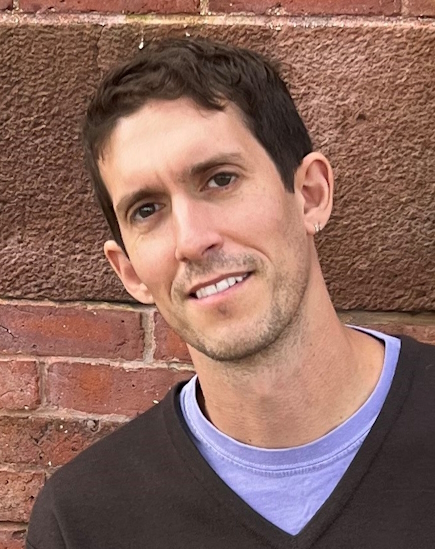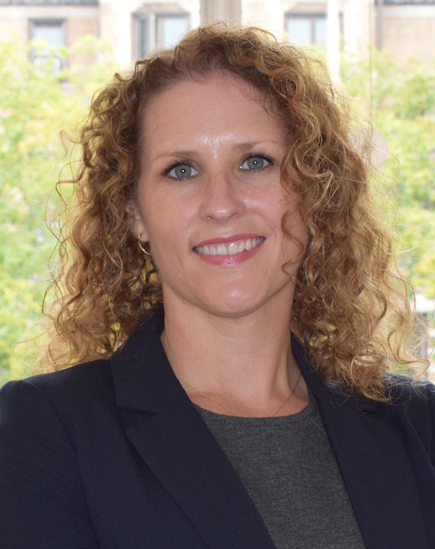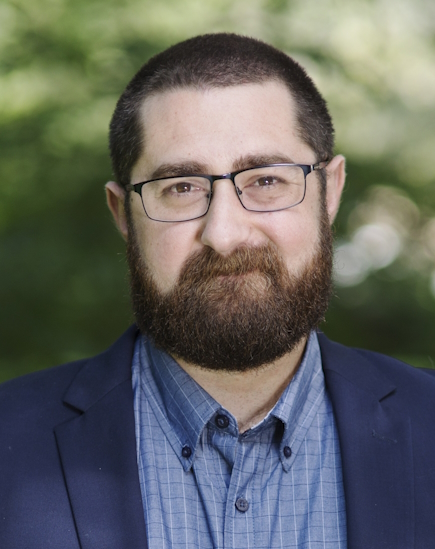From Neurodiversity to Innovation: Wayne State social work researchers uncover how Autistic TikTokers are redefining social interaction with ChatGPT
Wayne State University’s Social Work and Anthropology Ph.D. (SWAN) program Student Kellan McNally and SWAN graduate Kathryn Wright, PhD have partnered with School of Social Work Associate Professor Bryan Victor, PhD as co-authors on the research manuscript Disability expertise and large language models: A qualitative study of autistic TikTok creators’ use of ChatGPT, which was recently published by the journal, Social Media + Society.

Their research study explores how autistic TikTok creators are using ChatGPT in various areas of their lives, helping them to navigate environments designed for neurotypical people, manage aspects of their neurodivergence, and reduce the effort often put into masking their autism. McNally, Victor, and Wright found that autistic people often used ChatGPT as a coach, communication tool, and even a conversational partner, leading to positive outcomes in their lives like reduced stress, saved time, and personal and professional success.
“I was so impressed with the scholarship undertaken by Kellan and Kathryn,” said Victor. “They’re both so talented with amazing intellects. The critical lens they apply to disability research moves away from a medicalized or deficit-based model and reflects their interdisciplinary training in both anthropology and social work. It was great to see the benefit of bringing those two disciplines together.”

The research showed that ChatGPT was not strictly used as a tool for attaining and maintaining employment by people with autism or other disabilities. They found that neurodivergent individuals were also using ChatGPT to get to know themselves better and to more deeply explore their personal interests.
“Several of the creators whose videos we reviewed were surprised to discover in ChatGPT a conversational partner that didn’t try to adjust their behavior, redirect them, or ask them to share space in the conversation,” McNally said. “It was interesting to discover that people found a sense of safety and openness in ChatGPT and felt able to explore their personal interests without having to adhere to conventions.”

Victor said that many of the creators mentioned their tendencies to “info dump,” a term sometimes used by people on the autism spectrum to describe when they passionately share everything they know about a topic of interest, often with a lot of detail and excitement. While a human companion may get bothered or fatigued by their curiosity, ChatGPT never gets tired.
Wright said that her son who has Down syndrome sparked her interest in disability and identity as her primary area of research.
“It was great to work with Kellan and Bryan on bringing the disability justice lens to an analysis of how disabled people navigate the world in different ways and what tools they prefer to use,” she said. “We wanted to follow the content creators as experts to figure out how to better support their needs.”
Victor agrees, “I love this framework of disability expertise,” he said. “The people who live with disabilities know what they need. They know the barriers and challenges that they face and they’re the best ones to tell us whether or not new technologies have any value in terms of addressing their day-to-day concerns.”
This collaborative work not only highlights the interdisciplinary strengths of Wayne State University but also reflects the institution’s broader commitment to fostering real-world impact through research and innovation. This commitment to student development aligns closely with the College to Career initiative, a key component of President Kimberly Andrews Espy’s Prosperity Agenda. The initiative seeks to provide every student with experiential learning opportunities that allow them to encounter the world, gain deeper insights and new perspectives, and prepare for prosperous careers.
“I feel like I’ve gotten a lot of support and mentorship at Wayne State,” Wright said. “From the very beginning I was encouraged to try to publish, even if it was just a class paper. I think that one of the university’s strengths is involving graduate students in the publication process from the very beginning. It really helped to boost my confidence and made me feel like I have something to contribute.”
McNally, Victor, and Wright’s findings demonstrate the importance of equipping students and researchers with the tools and mentorship needed to challenge conventional models and offer fresh perspectives on disability justice. Their research highlights the university's commitment to producing innovative, socially impactful scholarship that empowers diverse voices and meets the needs of underrepresented communities.
Read the paper in its entirety here: Disability expertise and large language models: A qualitative study of autistic TikTok creators’ use of ChatGPT.
Writer: Sarah Freeman and Editor: Betsy Vanderstelt